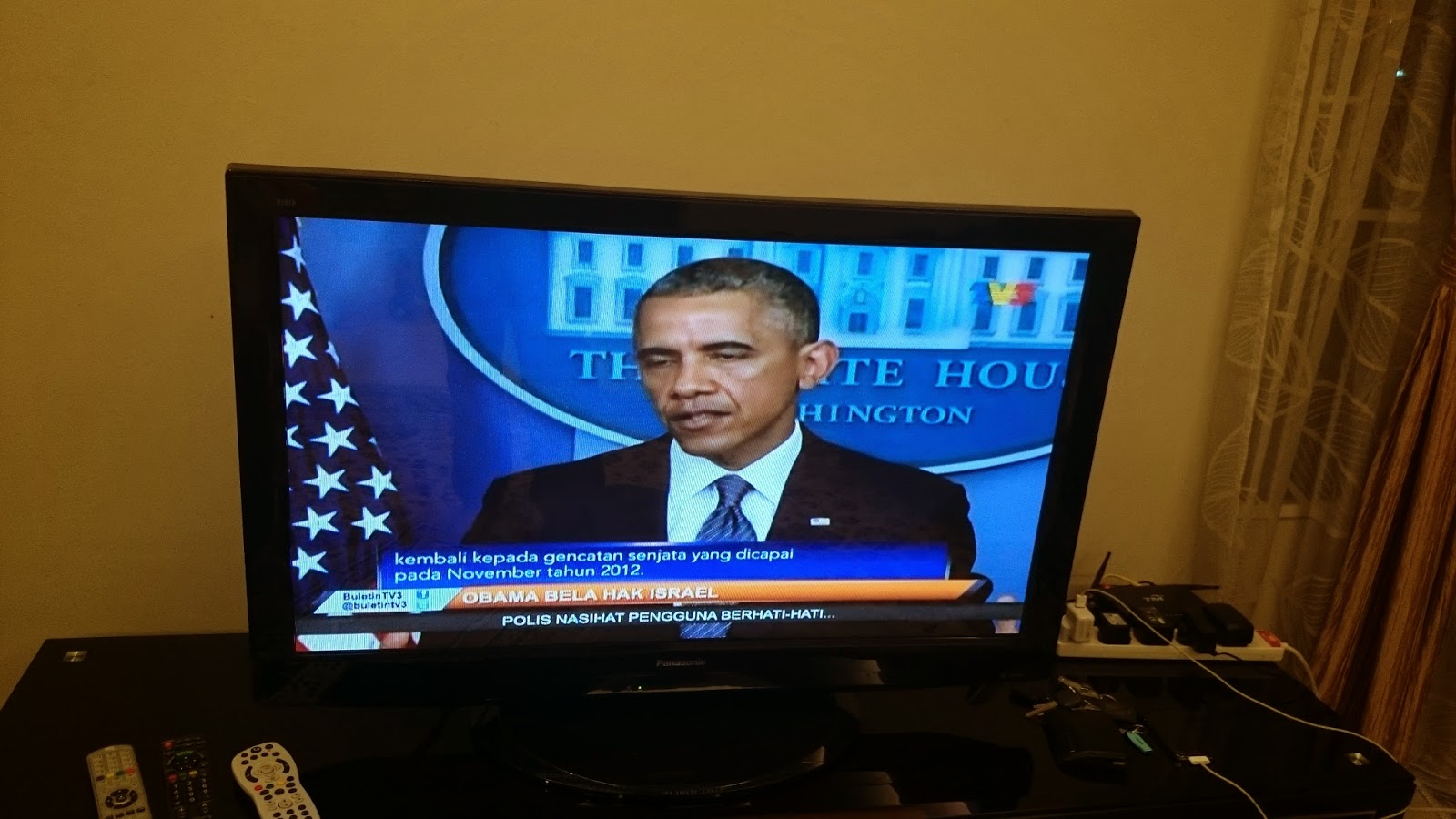 |
| A team of religious experts and consumer representatives taking a tour at Cadbury plant |
 |
| Press conference |
 |
| Braveiron selfie |
Well, there are two issues when we talk about this very root tenet of Islam especially for products that they eat and consume.
One, when we go to a Muslim makcik kuih stall, we would not bother to ask whether the kuih bought is Halal or whether her karipap has a Halal Certificate from JAKIM; absolutely not.
Because there's a perceived assumption that being a Muslim, the makcik is duty bound to sell only halal product and never, never or having the slightest intention of selling kuih keria tainted with haram material.
Two, in another situation, when a bigger business entity opens up an eatery, there again another two scenarios. If the owner is a Muslim, he again would be duty bound to serve only Halal food and would not bother if his shop is certified or not.
If the owner is not a Muslim and to cater the bigger Muslim market, he would have to give more confidence for his Muslim customers and the ultimate tool for him is a credible Halal certification. On the other hand, if the Muslim restaurant operator were to hassle himself getting certified, then funny things would crop up. He will be perceived by his Muslim customers;
1. as having to give up majority of his shares to a non Muslim investor
2. as having to sell all of all his shares to avoid foreclosures or similar quagmire.
He has no benefit whatsoever in getting certified Halal because all of his customers are Muslim and non-Muslim customers wouldn't careless if it's Halal or otherwise.
To a Muslim entreprenuer, Halal can only become a beneficial tool when he exports his products overseas when his customers are from all over the world and Halal serves as the best guide for Muslims worldwide.
So does multinationals doing business in this country. They have to be certified, though not mandatory yet, but to get the confidence among Muslim consumers. Halal has become the most demanded product in the country as the awareness grew in leaps and bounds. Requests for Halal certification have grown geometrically as JAKIM has to extend their capabilities and update their competencies from time to time.
But on the dark side, Halal also may and has become a nightmare for industry players. Healthy competition has always been the ultimate practices among the food conglomerates but malpractices do happen and when it does, in Malaysia, it's a big market confidence holocaust.
It takes just a small DNA sized sabotage and a pinch of announcement by the authority. They say its politics but to the non-Muslims, a big confusion, and when the authorities fail to provide prudent answers it became a big hu ha.
Puratos and of late Cadbury, I should say were being sabotaged by unscrupulous parties for reasons that we can speculate well. While these companies took the Halal challenge well, Muslim consumers confidence will take some time.
The non-Muslims however, are now confused by this porcine DNA testing that if positive, the product is decreed as haram and according to the conditions set by the Halal certification body, it must be taken off the shelves.
They say, we eat, handle pork and the cash that we hold in our hands are full of the unwanted DNA as the notes were also circulated among the pork butchers.
To make things worse, there are few religious opportunists that go and offer 'sertu' or ritual cleansing services for an exorbitant fees.
There are better ways to handle Halal issues without hassle for the philosophy is very simple as proclaimed by a saying (Hadith) by our Prophet Muhammad saw; "Whatever is Halal is clear and whatever is Haram is clear and whatever falls in between them is uncertain but to only few that know"
Halal certification only serves as a guide for if any of the Muslims still having qualms about what they eat, then it is better for them to refrain despite having a Halal logo.
But Halal only being seen at the ritual side and fall under sense of obedience for not all of them can be quantified. Less than 10% of the Halal process is ritual and 90% of it is physical that includes cleanliness, safety, wholesomeness, which is known as Toyyiban. That's where all of us, including the Muslims fall prey in the confusion about Halal whereas the bigger component is Toyyiban which is all the while should be embedded.





 Anwar Ibrahim dalam sidang media tergempar yang diadakan di Ibupejabat PKR jam 12.45 pagi tadi mengumumkan isterinya yang juga Presiden PKR, Datuk Seri Dr. Wan Azizah Wan Ismail sebagai pengganti Tan Sri Khalid Ibrahim bagi jawatan Menteri Besar Selangor.
Anwar Ibrahim dalam sidang media tergempar yang diadakan di Ibupejabat PKR jam 12.45 pagi tadi mengumumkan isterinya yang juga Presiden PKR, Datuk Seri Dr. Wan Azizah Wan Ismail sebagai pengganti Tan Sri Khalid Ibrahim bagi jawatan Menteri Besar Selangor.








